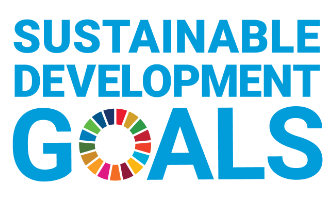Minsk - In response to the situation at the Belarusian-EU border, the International Organization for Migration (IOM) and its partners have scaled up their assistance for migrants and refugees, providing humanitarian aid at the border and expanding voluntary return opportunities and other forms of assistance.
It is estimated that there are up to 2,000 migrants and refugees at the border with Poland, predominantly Kurds from Iraq, but also Syrians, Iranians, Afghans, Yemenis, Cameroonians and others.
There are grave concerns for their welfare in the freezing conditions, as several deaths from hypothermia have already been registered on the EU’s border with Belarus, and because there are large numbers of women and children among the group.
IOM, UNHCR and the Belarus Red Cross have been granted access to the migrants and refugees at the border by the Belarusian authorities on several occasions in recent weeks to assess their conditions and needs, distribute humanitarian aid and elaborate options for those wishing to return home.
IOM was able to provide aid in late October via the Belarus Red Cross. Following the first visit to the Bruzgi border crossing on 11 November, IOM secured food items, clothing and hygiene kits which were promptly delivered by the Red Cross to migrants relocated to a logistics facility near the border. On 24 November the same group received water, food and infant food.
The total number of migrants and refugees currently in Belarus is estimated at 7,000, with only a limited number so far expressing a desire to return home voluntarily. However, in recent days the Government of Iraq has organized the repatriation of over 1,000 of its citizens and discussions with IOM to facilitate more voluntary returns are ongoing.
It is envisaged that IOM will be able to provide a charter flight for all those remaining who wish to return to Iraq in the next two weeks. This is longer than the usual process due to the need for COVID-19 protocols to be observed. At least 44 people have so far been assisted by IOM to return home voluntarily, with another 38 in the pipeline.
“Together with UNHCR and partners, our priority is the safety of these stranded migrants, upholding their human rights and preventing more deaths as temperatures remain well below freezing,” said António Vitorino, Director General of IOM. “We are committed to providing humanitarian assistance and working with authorities on both sides of the border, and those who wish to return voluntarily will be helped by IOM to do so in a safe and dignified way.”
For further information, please contact:
In Vienna: Joe Lowry, Spokesperson, Senior Regional Media and Communications Officer at
In Geneva: Safa Msehli, Spokesperson, Crisis Communications and Advocacy at
In Minsk: Hanna Kalichava, Public Information Specialist at



